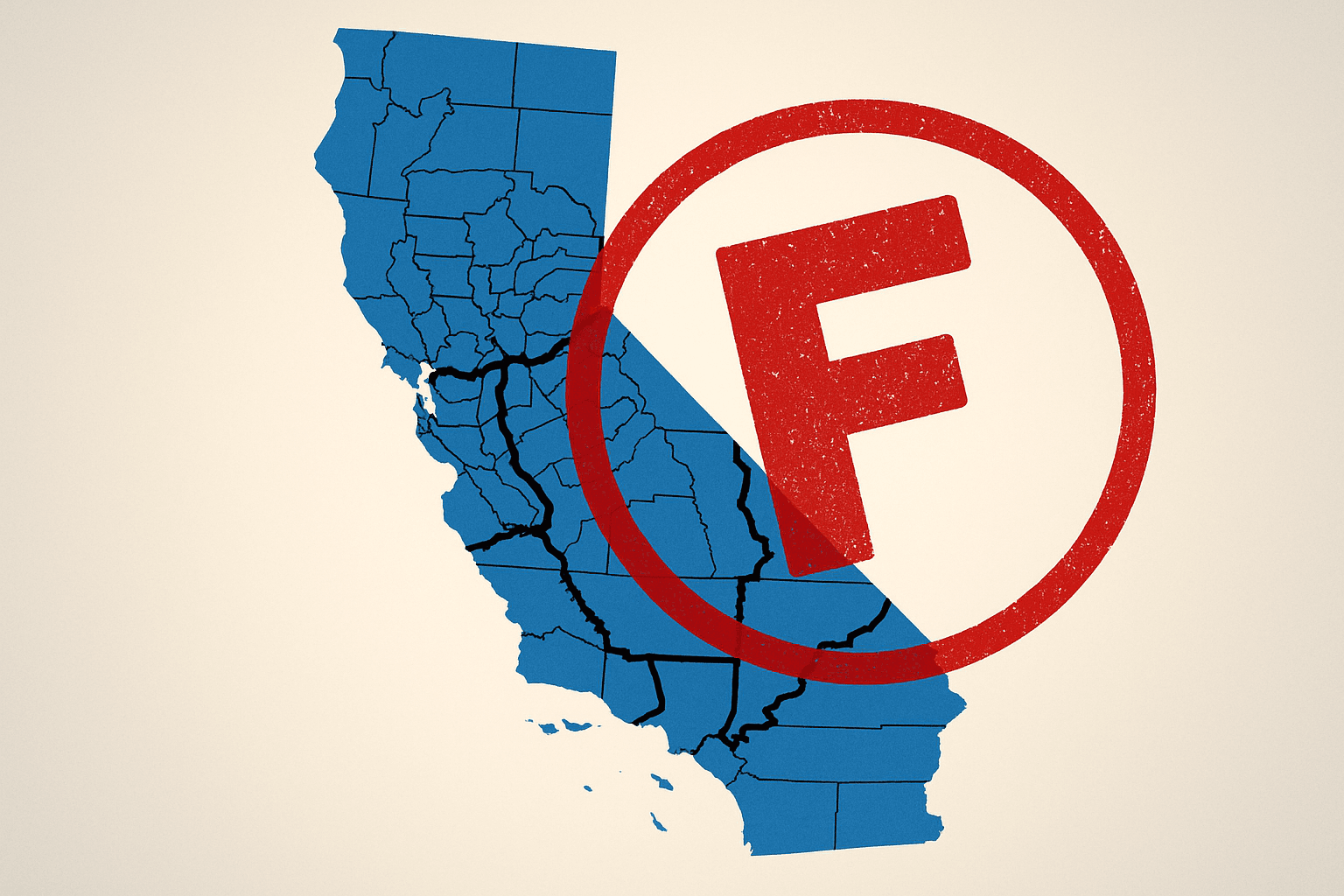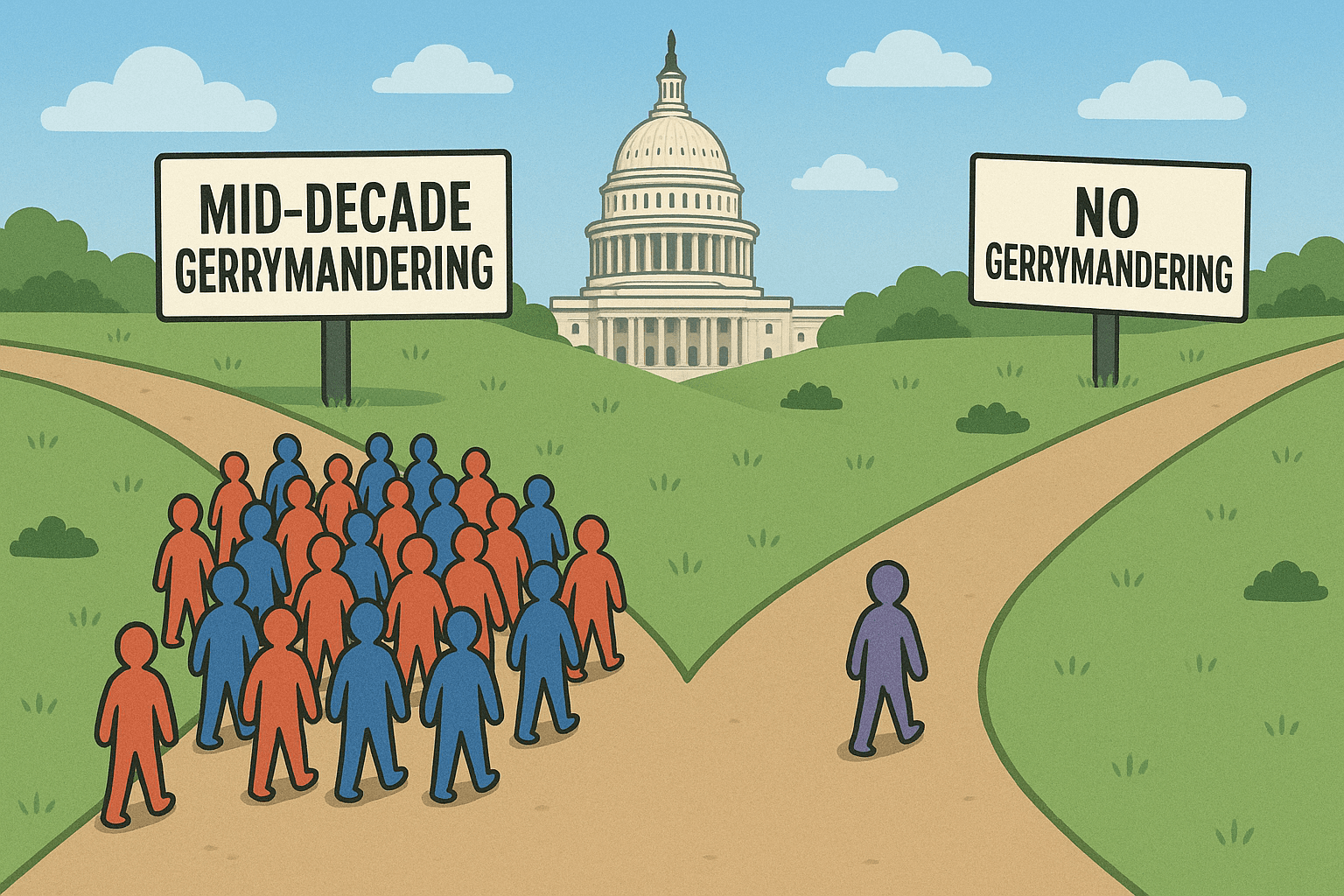History Predicts a Bad Election for GOP in 2016

On April 21, U.S. Senator Rand Paul (R-KY) called Lindsey Graham (R-SC) and John McCain (R-AZ) President Obama's lapdogs when it comes to U.S. foreign policy.
Intra-party backbiting has become common place in modern politics; especially in Republican primaries where each candidate tries to present themselves as the most faithful to the party's ideals, while insisting that their opponents are "more liberal."
Interestingly, 20th century politics was filled with this type of intra-party backbiting, and it usually didn't work out well for the party doing it.
The Term 'Liberal' Wasn't Intended for Democrats
During the New Deal era of President Franklin Roosevelt, there was considerable division in the Republican Party about the new social programs being instituted.
Rather than voting as a lock-step bloc, moderate Republicans tended to support Roosevelt's initiatives.This drew considerable fire from members of their own party, who dubbed themselves "conservative" Republicans and labelled those in favor as "liberals."
This is the first modern usage of the terms "liberal" and "conservative." Contrary to what many may believe, they were originally used as rhetorical weapons within the Republican Party.
This infighting led to more than a few party defections, and contributed to the Republican's inability to control Congress (other than two brief sessions) for the next 50 years.
Hiding from a 'Damaged' President Helps the Other Side
While Roosevelt was exceedingly popular -- especially while WWII was going well for the Allies -- President Truman faced considerable problems and backlash from within the Democratic Party.
With the war over, Truman was faced with 'cleaning up' the social and economic problems the war had caused at home. In particular, Truman's waffling on ending the rationing program severely damaged the popularity of his presidency.
The Democrats in Congress did everything they could during the election of 1946 to distance themselves from Truman, and Truman, in turn, did not actively campaign for any of the Democratic candidates.The result: one of the worst landslide defeats ever handed to a party in American history. The Democrats lost 54 seats in the House and 11 in the Senate.
The Democrats learned their lesson, and Truman and congressional Democrats worked together to retake Congress in 1948 -- and then largely held it for the next four decades.
The election of 2014 was similar in nature and outcome. President Obama was suffering from all-time record low approval ratings, and Senate and House candidates distanced themselves from his policies and presidency.
Obama did campaign for a few governors and attended some fund raisers, but didn't actively campaign in the congressional races. The Democrats ended up losing 11 seats in the House and 9 seats in the Senate, enough to change the power structure of both chambers.
Alienating Part of the Base Never Helps
The Denver Post recently reported that a conservative summit snubbed a group of Log Cabin Republicans, a moderate group that is pro-LGBT rights. However, this could be a mistake that has historically never turned out well in national elections.
While Sen. Marco Rubio (R-Fla.) seems to be courting the Log Cabin group, he is probably the only Republican candidate actively including them. The Log Cabin group, however, does not just represent a narrow bloc of Republican voters, but the moderate views of many Republicans who are not even members of their coalition.
Snubbing part of the base has never been a historically sound plan.
The Democrats made this mistake during the 1980s by mostly ignoring the economic demands of the so-called Reagan Democrats, and wound up losing the presidency for 12 years because of the damage.
2016 Election Math
The election maps for 2016, as they stand now, heavily favor the Democrats.
Some analysts are already suggesting that the race will come down to only 8 battleground states, in which the Republicans have very few routes to victory.
Republicans will have to win the big prizes (most likely Florida and Ohio) or win one of the large states and sweep the rest of the battleground states.
For the Republicans to win, they will need every single vote they can get, and not be a party of exclusion, filled with intra-party backbiting.
The party that will win in 2016 will be the party that can have the appeal of being the most inclusive, inviting the center, swing-voters, and independents into the fold.




